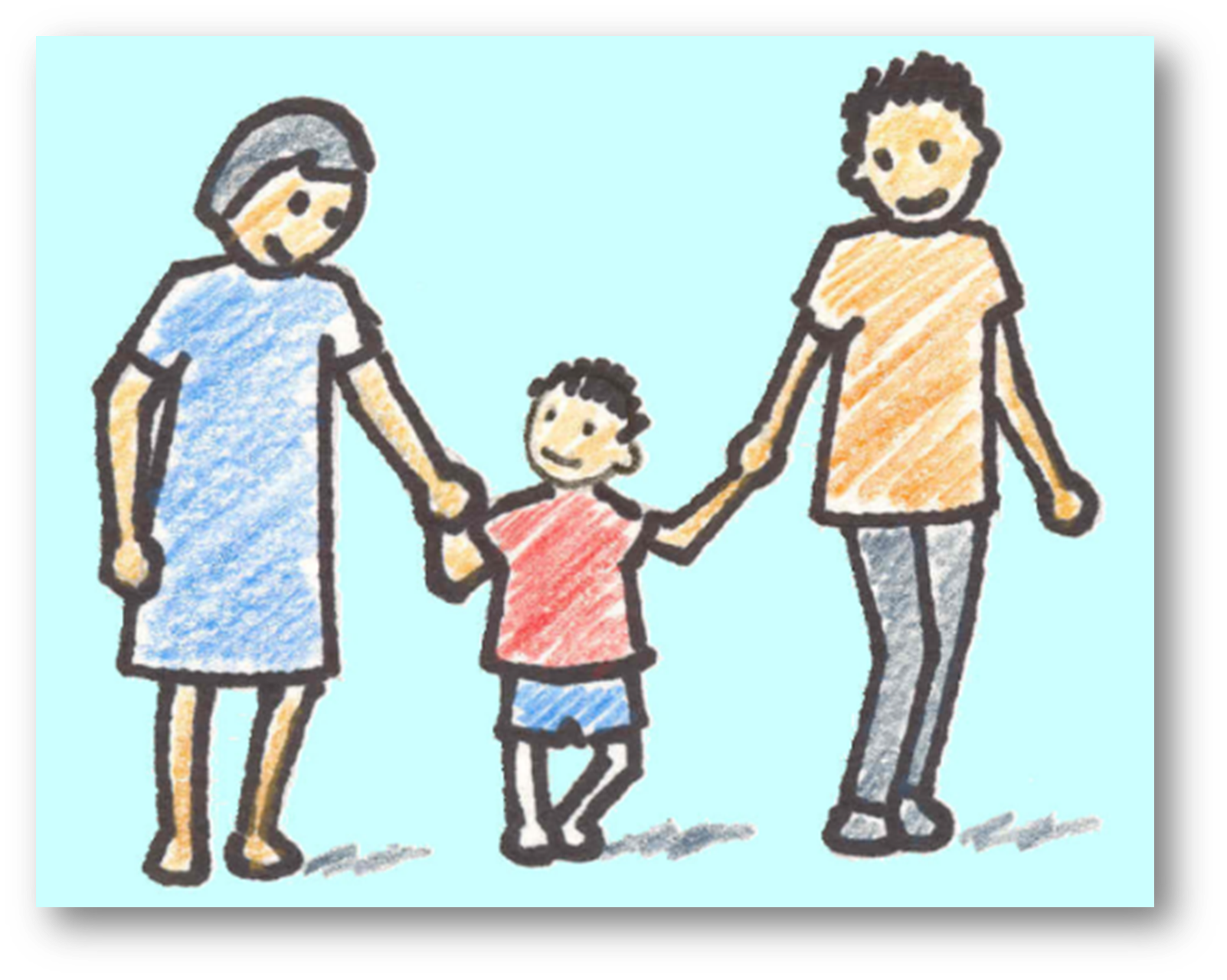Autism, a developmental disorder impacting communication and behavior, manifests as a spectrum disorder with varying symptoms and severity. Families of individuals with autism face profound emotional and financial challenges, given the lack of a cure and the unique treatment needs for each child.
The uncertainty of autism treatment and management is a significant hurdle for families. Without a one-size-fits-all approach, parents often find themselves constantly searching for the most suitable strategies to support their child’s development.
Social isolation is another poignant challenge experienced by families of children with autism. Difficulties in interacting with peers can lead to feelings of loneliness and isolation for both the child and their parents.
Financial challenges add to the burden of raising a child with autism. The specialized therapies, equipment, and services required to support their development can place a strain on the family budget, making it challenging to meet their child’s needs.
Despite the challenges, many families find the experience of raising a child with autism rewarding. Unique strengths and abilities in children with autism bring joy to their families, fostering closer and more supportive relationships as they navigate these challenges together.
The impact of autism on a family can be observed in various aspects:
- Communication: Children with autism struggle with verbal and nonverbal communication, leading to feelings of isolation and frustration for both the child and their family.
- Behavior: Repetitive behaviors and outbursts of anger or aggression can create strain within the family, requiring patience and understanding to cope effectively.
- Socialization: Difficulties in socializing can impede the child’s ability to make friends, contributing to feelings of loneliness and isolation.
- Schooling: Specialized schooling or one-on-one instruction may be necessary to meet the child’s needs, posing a financial burden and requiring a suitable educational environment.
- Therapy: Children with autism often benefit from therapy, which can be costly and challenging to access specialized therapists.
- Support: Families of children with autism require support from friends, family, and professional networks to navigate the complexities of raising a child with autism successfully.
To assist children with autism, families can employ various strategies:
- Patience and Understanding: Recognize that children with autism learn differently and may require more time and a different teaching approach.
- Realistic Expectations: Set achievable goals for the child’s development and progress gradually.
- Supportive Environment: Create a structured and supportive environment with predictable routines and positive reinforcement.
- Skill Development: Focus on developing communication, behavioral, and social skills through practice and opportunities for growth.
- Professional Help: Seek assistance from therapists, speech-language pathologists, and other professionals experienced in working with children with autism.

In conclusion, autism’s impact on families is profound, encompassing emotional, financial, and social challenges. Understanding and support, both within the family and from external networks, are essential for nurturing the unique abilities and strengths of individuals with autism and fostering their growth and development.
Dr. Shekhar R
Professor, Department of CSE-IT
Alliance College of Engineering and Design